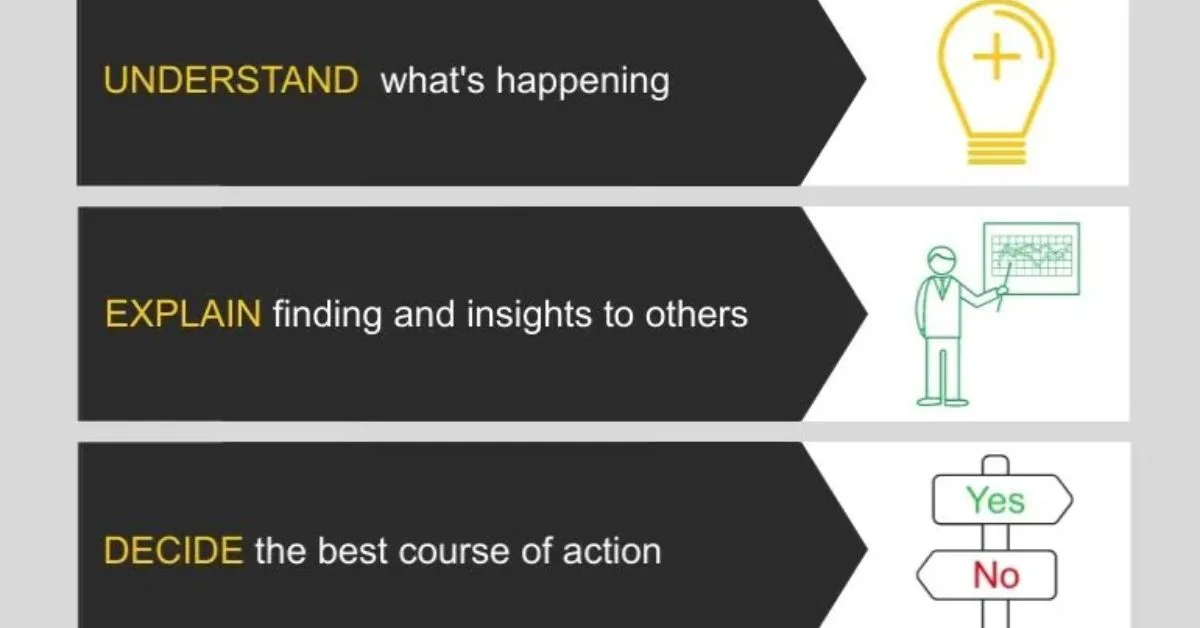In today’s rapidly evolving job market, the digital economy plays a pivotal role. The transformation is evident across industries, necessitating a workforce that is adaptable, tech-savvy, and equipped with a diverse set of digital skills. This article provides insights into visualizing career growth and developing the essential skills required for thriving in digital industries.
Understanding the Digital Economy Landscape
The digital economy includes businesses and jobs that depend on digital technologies, covering sectors such as information technology, digital marketing, e-commerce, cybersecurity, and more. Its defining characteristic is its dynamic nature, driven by constant innovation and technological progress, which continuously transform job roles and industry demands.
Visualizing Career Growth in Digital Industries
Career growth in digital industries requires a proactive approach to skill development and career planning. Here are steps to visualize and achieve career growth:
- Assess Your Current Skills and Interests: Start by evaluating your existing skills and interests. Identify areas where you excel and enjoy working. This self-assessment is crucial for setting a foundation for your career path in the digital economy.
- Research Emerging Trends and Required Skills: Stay informed about the latest trends in digital industries. This includes emerging technologies, in-demand skills, and sector-specific advancements. Resources like industry reports, online courses, and professional networks can provide valuable insights.
- Set Clear Career Goals: Based on your interests and the industry requirements, set realistic and measurable career goals. These goals should be specific, time-bound, and aligned with your long-term career aspirations in the digital economy.
- Pursue Continuous Learning: The digital economy values continuous learning and upskilling. Engage in online courses, workshops, and certification programs relevant to your career goals. Platforms like Coursera, Udemy, and LinkedIn Learning offer courses in digital marketing, data analysis, programming, and more.
- Gain Practical Experience: Practical experience is invaluable. Seek internships, freelance projects, or volunteer opportunities that allow you to apply your skills in real-world settings. This experience not only enhances your resume but also provides a deeper understanding of industry challenges and practices.
- Build a Professional Network: Networking is crucial for career growth. Attend industry conferences, join professional organizations, and engage on professional networking platforms. Connecting with industry professionals can offer mentorship opportunities, insights into the job market, and potential career opportunities.
- Adapt to Change and Be Resilient: The digital economy is characterized by rapid changes. Embrace change and be resilient in the face of challenges. Adaptability and resilience are key to navigating career transitions and seizing new opportunities for career growth.

Essential Skills for the Digital Economy
To thrive in digital industries, it’s important to develop a blend of technical, business, and soft skills. Here are some essential skills:
- Technical Skills: Depending on your career path, technical skills can include programming languages (e.g., Python, Java), data analytics, digital marketing tools, cybersecurity practices, and more.
- Digital Literacy: Understanding digital platforms, tools, and technologies is fundamental. This includes proficiency in using software relevant to your field, understanding digital security practices, and staying updated on technological advancements.
- Critical Thinking and Problem-Solving: The ability to analyze situations, think critically, and devise effective solutions is crucial in navigating the complexities of the digital economy.
- Communication and Collaboration: Effective communication and teamwork are essential, as digital projects often involve cross-functional teams. Skills in virtual collaboration and digital communication tools are increasingly important.
- Creativity and Innovation: The digital economy thrives on innovation. Creativity in developing new ideas, processes, or products can set you apart in your career.
Conclusion
Visualizing career growth in the digital economy requires a proactive approach to learning and adaptation. By understanding the landscape, setting clear goals, acquiring in-demand skills, and embracing continuous improvement, individuals can navigate their career paths successfully. The journey involves ongoing learning, practical experience, and resilience, but the rewards include exciting career opportunities and the ability to make a significant impact in the digital world.
Myflixer beckons you to embark on a digital voyage through the realms of entertainment, tech, business, lifestyle, and fashion. Click through the pixels of curiosity and unlock the doors to new realms of knowledge!
If you find this article helpful, click here for more.









